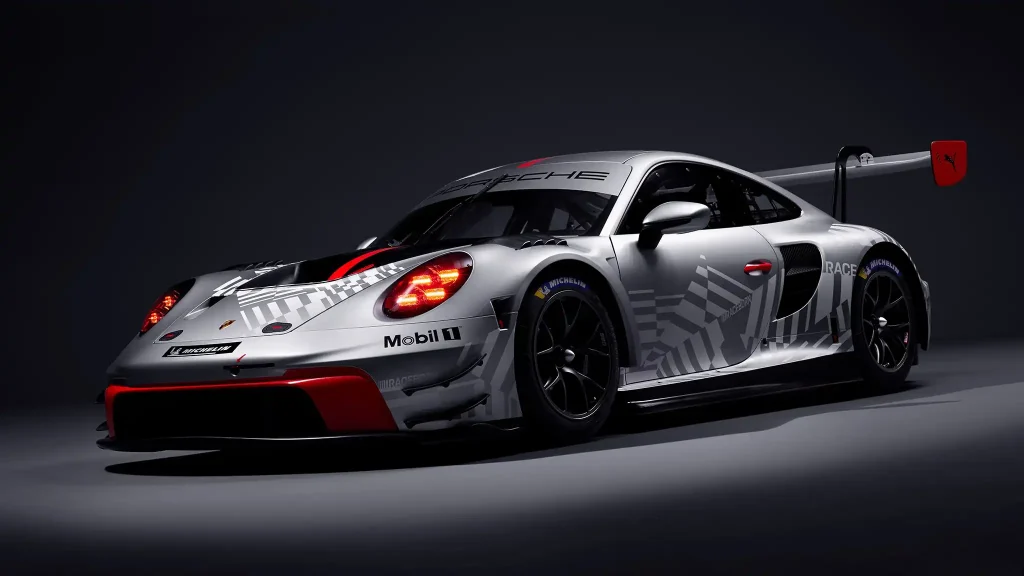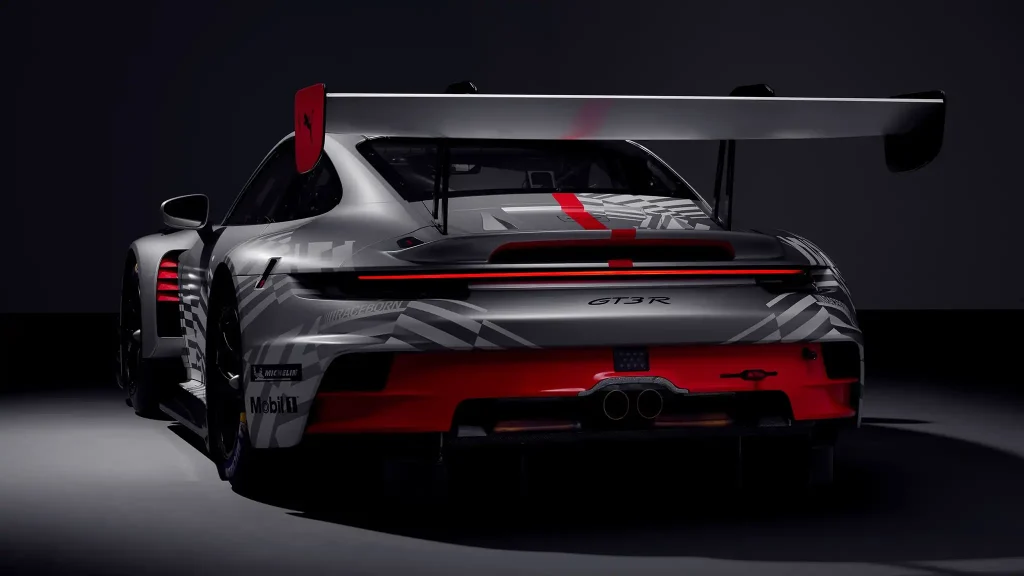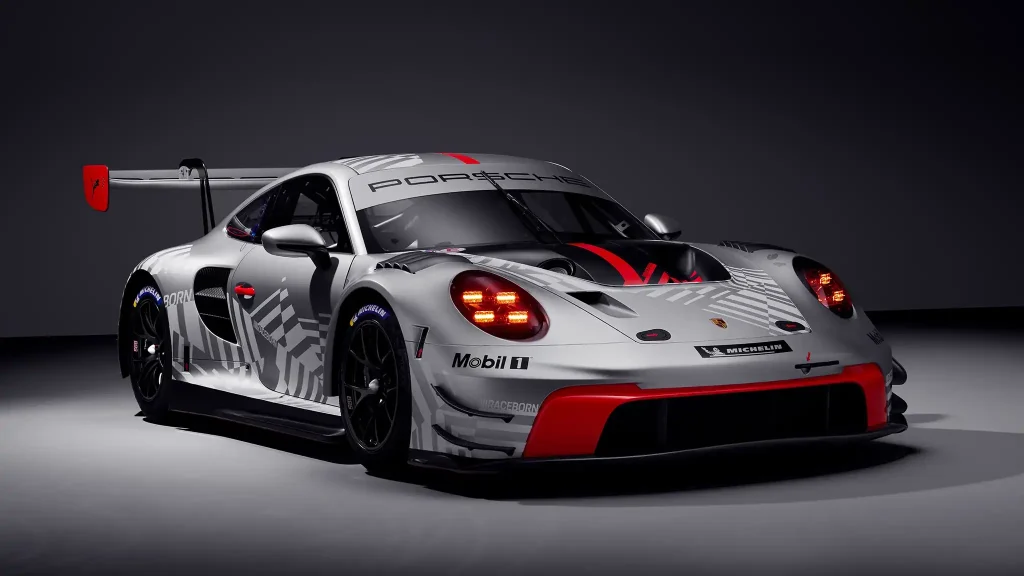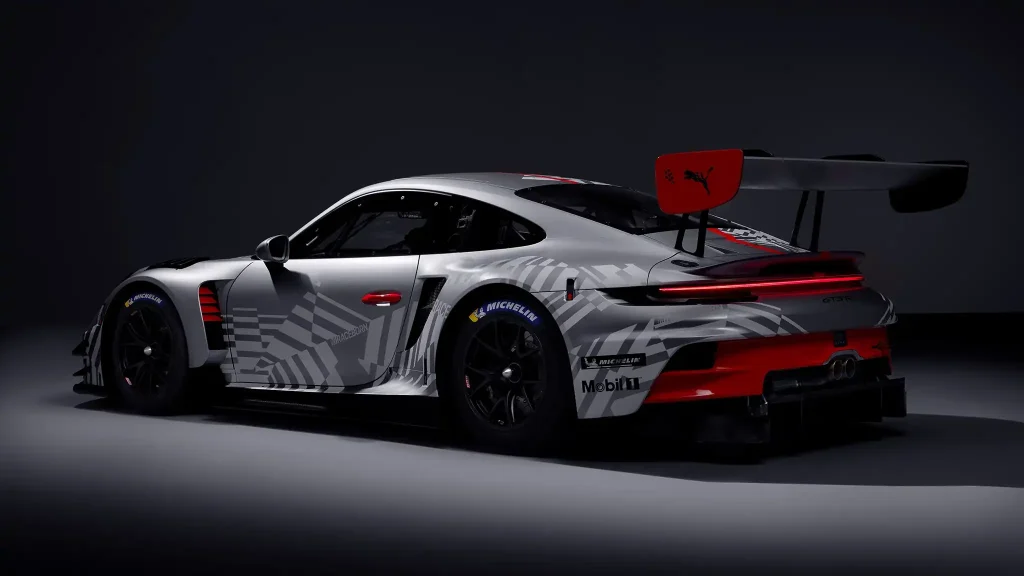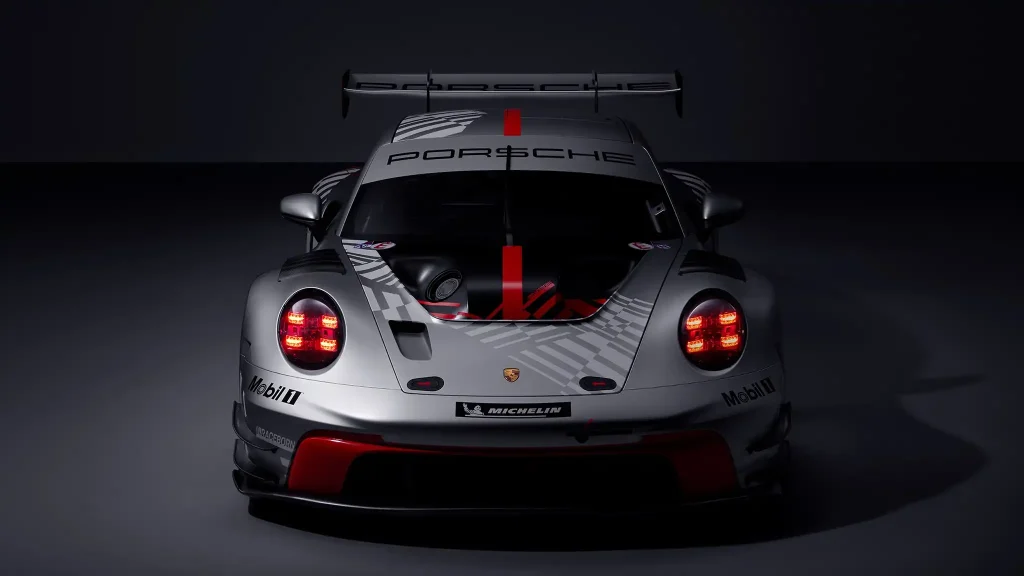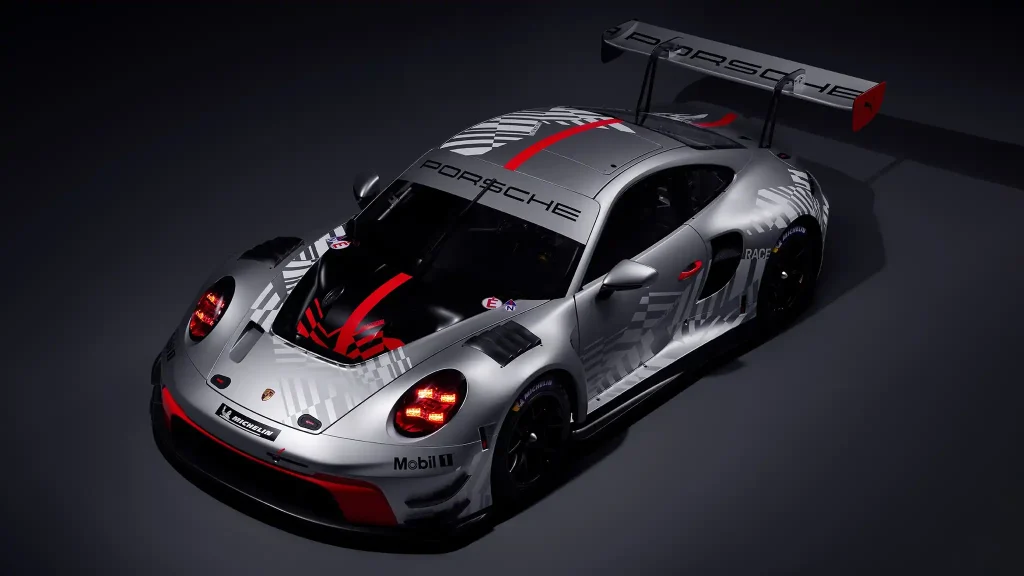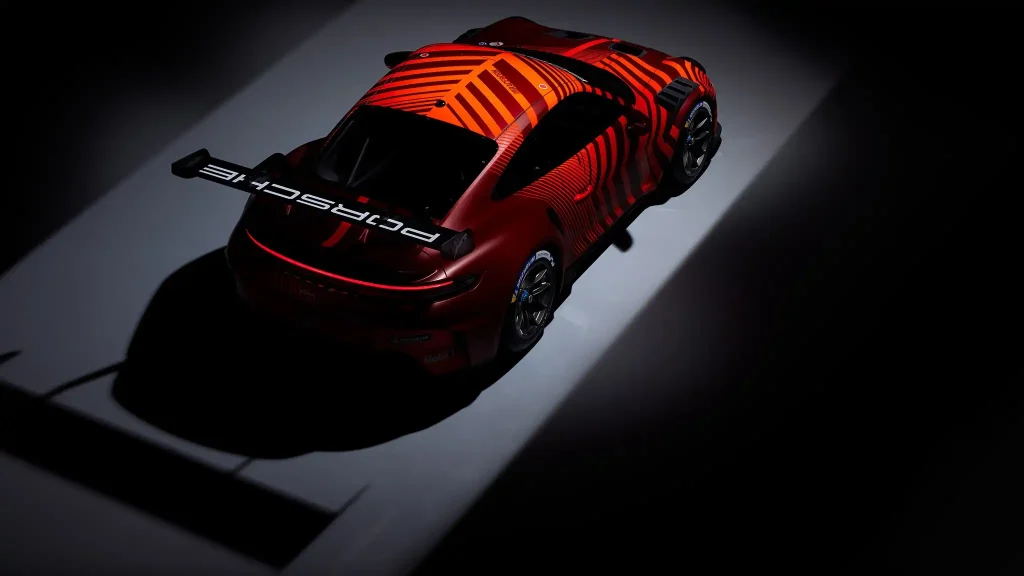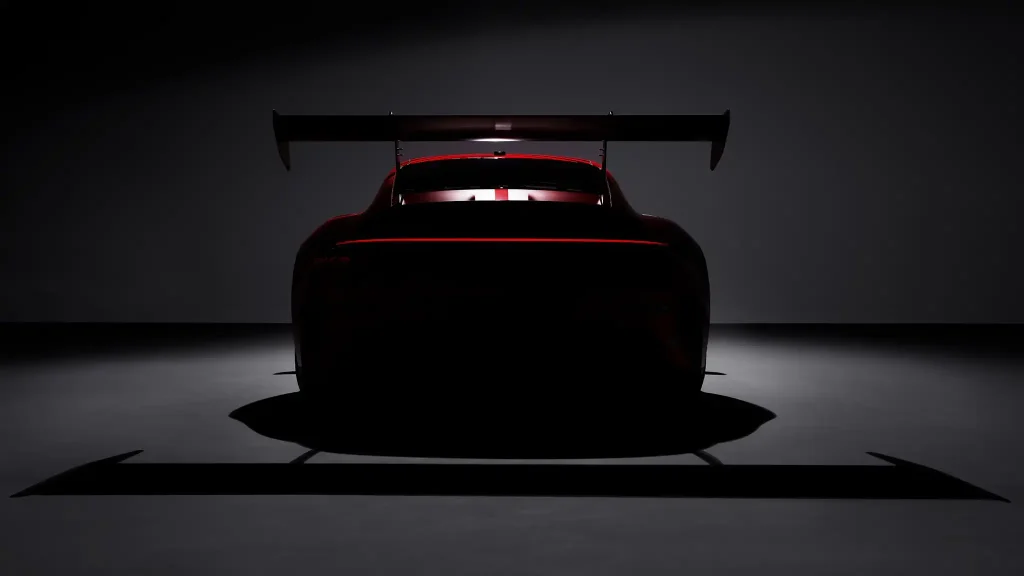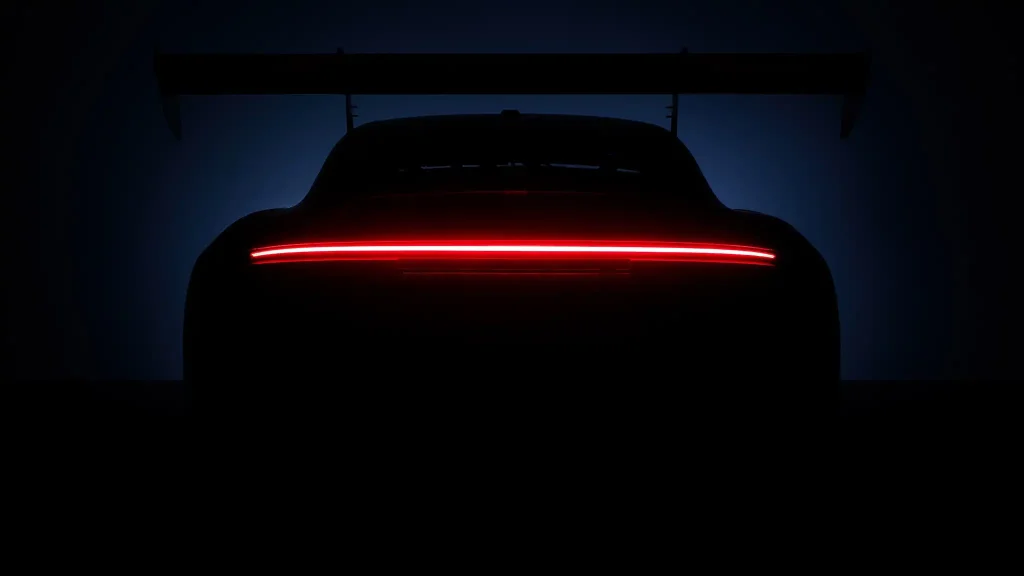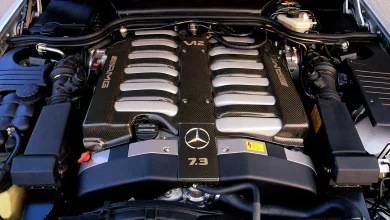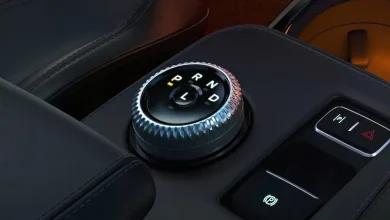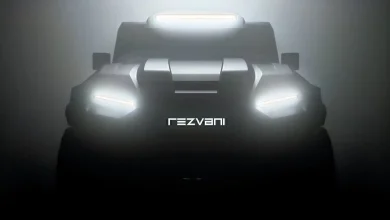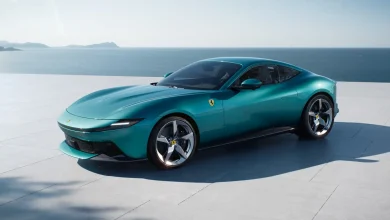Porsche Unleashes Two New 911 Models Built to Rule the Track
The quickest Porsche in town—and the brand’s endurance racing icon—has just received a fresh upgrade.

Porsche has unveiled two new, ultra-fast versions of the iconic 911 sports car. They’re not the Turbo or a revived GT2 RS, but this duo promises even greater performance and driver engagement than either of those legends. The lineup includes the new Porsche 911 Cup and the latest evolution of the Porsche 911 GT3 R, both engineered to dominate racetracks across the globe. With these additions, Porsche aims to keep the 911’s legacy as one of the most successful racing machines in history firmly intact.
Single-Make Cup Car Gets a New Name
The new 911 Cup takes over from the 911 GT3 Cup in Porsche’s Carrera Cup single-make series worldwide. While it’s a completely redesigned machine, the name change isn’t about the upgrades. Instead, Porsche is reserving the “GT” badge exclusively for race cars built for open-brand competition, making the 911 Cup the new face of its one-make championships.
The new 911 Cup adopts the latest 992.2 GT3 front-end styling, but it’s far from a standard GT3. Up front, it features a three-piece lip spoiler, allowing damaged sections to be replaced individually after on-track contact. Porsche has also removed the running lights, preventing them from being shoved into the radiators during a crash—a clear nod to the realities of racing durability.
The rear of the 911 Cup is completely redesigned, with a reworked wing for easier adjustments and a revised engine cover. Most of the body panels are now made from carbon fiber fleece that was originally destined for the scrap heap. Porsche repurposes these off-cuts, combining them with a bio-based resin to create components that are just as strong, more cost-effective to produce, and—crucially—cheaper to replace when race damage inevitably strikes.
Beneath the redesigned engine cover sits a 4.0-liter flat-six producing 512 horsepower. For this year, it incorporates more road-car components, including throttle bodies and camshafts. Built for endurance, the engine is rated to run 100 hours before requiring an overhaul—a solid figure for a dedicated racer. Porsche has also fitted an upgraded clutch, larger brakes, and a new racing ABS system to boost durability, stopping power, and control on track.
911 GT3 R Aims to Rule Endurance Racing
Built for the most grueling challenges in motorsport, the 911 GT3 R is designed to tackle top-tier GT racing worldwide. It’s set to compete in the FIA World Endurance Championship, the IMSA WeatherTech SportsCar Championship, and numerous other prestigious series, ready to prove its mettle against the toughest competition on the planet.
Last year, the GT3 R claimed an impressive haul of trophies, and the updated model aims to raise the bar even higher. Porsche has added louvers to the front fenders that work in harmony with the suspension to reduce dive during braking. The rear wing now features a new Gurney flap, delivering increased downforce and a wider range of adjustability. Beneath the car, a fully enclosed flat bottom improves aerodynamics, while the rear section has been reinforced for added strength and stability.
Porsche has enhanced the power steering system with additional cooling to withstand demanding circuits like the Nürburgring. The car features durable ceramic wheel bearings and redesigned components that allow for faster drive shaft changes during pit stops. Cooling remains a key focus, with separate systems for brake and axle cooling, as well as an improved driver air vent to boost comfort during long stints on track.
Porsche offers a wide range of options even on its race cars, but this year, some of the most sought-after features come standard. The sensor package, endurance package, camera system, and pit lane communication link are all now included as standard equipment. Meanwhile, specialized driveshafts, alternative wing struts, and various exhaust systems remain available as optional upgrades.
The 4.2-liter six-cylinder engine carries over, delivering up to 557 horsepower depending on the regulations of each racing series. To keep existing teams competitive, Porsche will offer update kits for current 992 GT3 R models, ensuring that the many factory-built racers already on the grid stay up to date.
Porsche doesn’t publicly list prices for either model, but estimates suggest the 911 Cup will likely start above $500,000, while the GT3 R could top $1 million. Despite the hefty price tags, demand remains strong—Porsche has produced 1,130 units of the current GT3 Cup since its debut in 2020.




